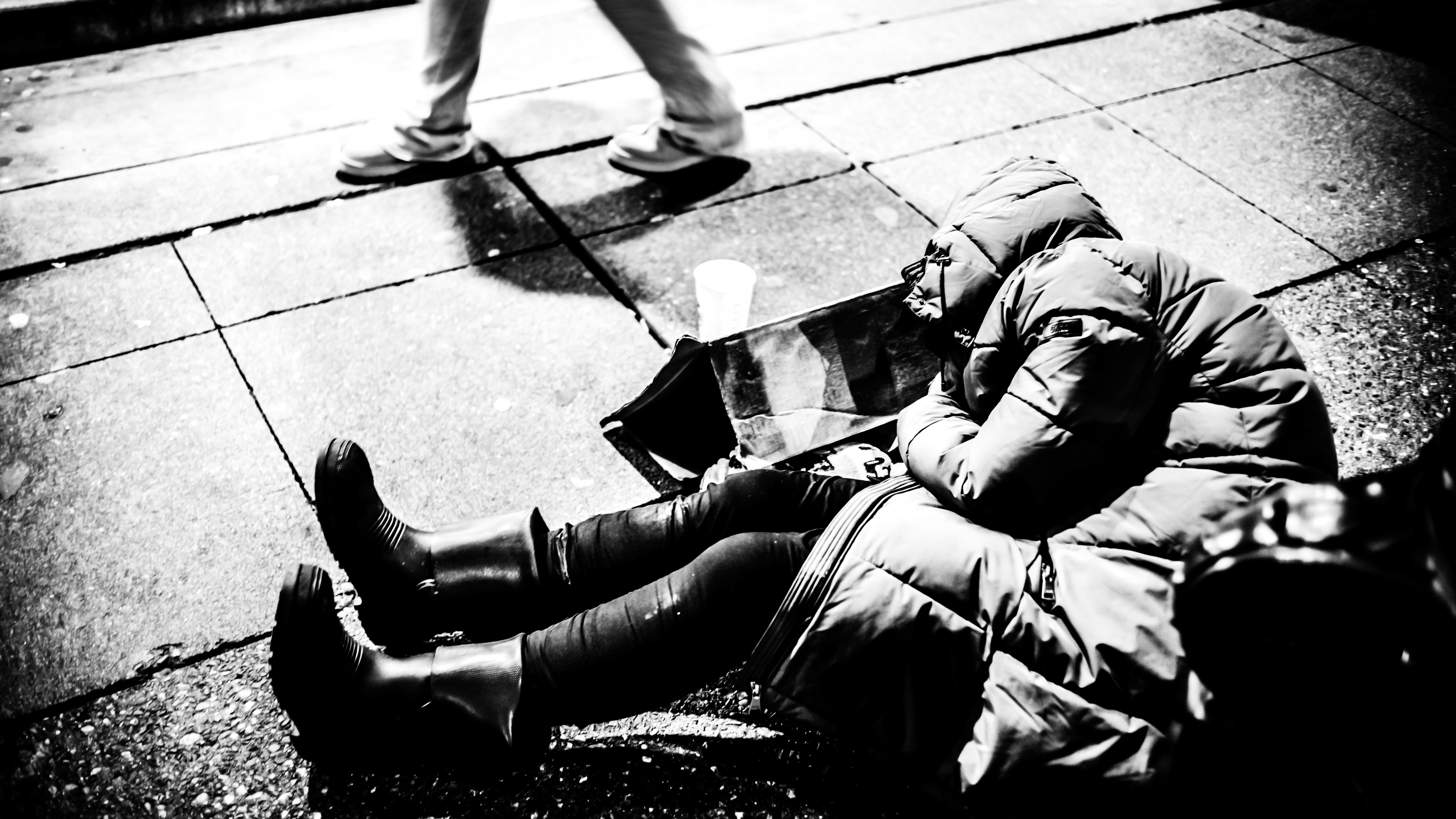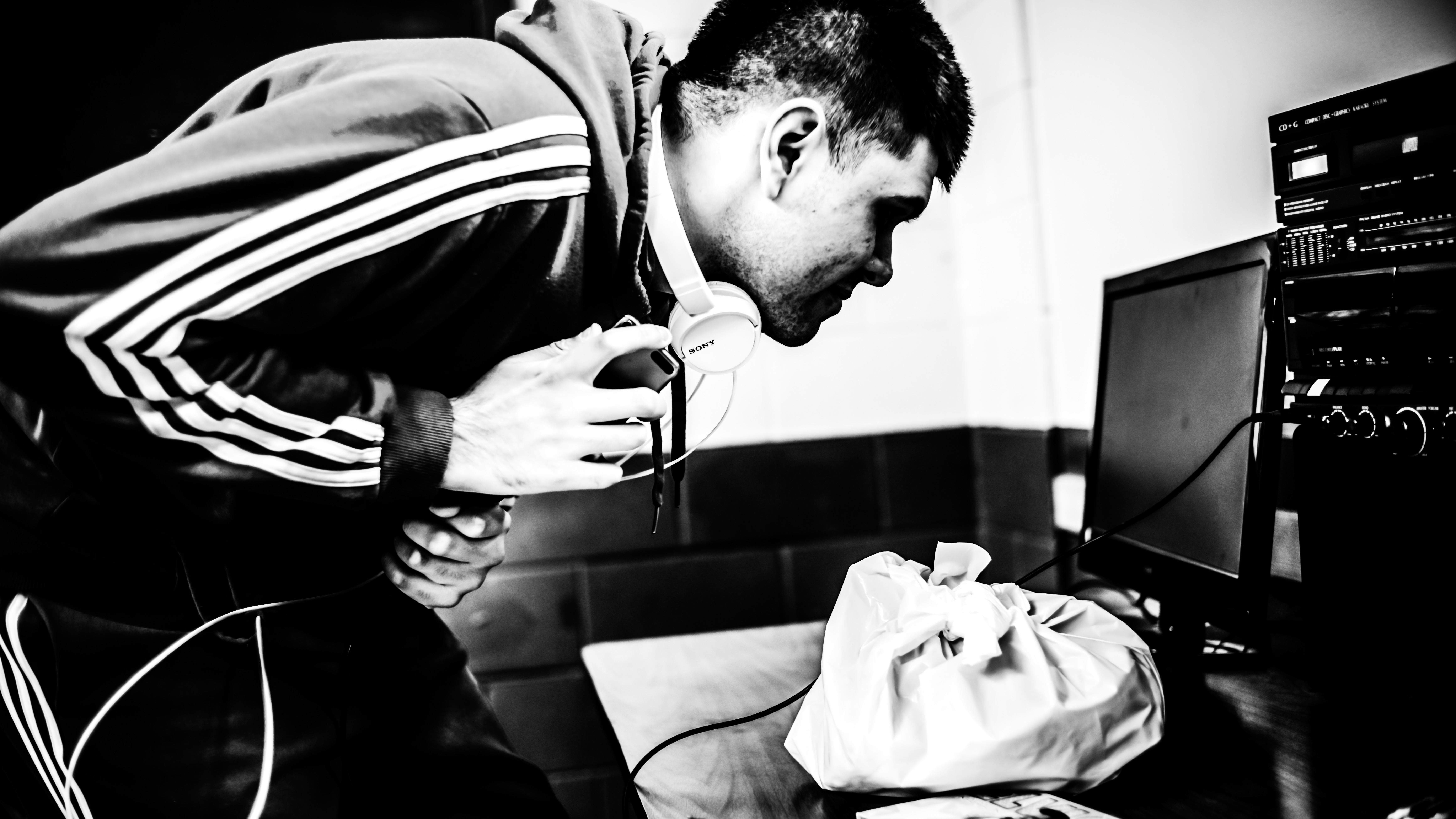For decades, this art form has been practiced by photographers of all backgrounds. Hobbyists, salarymen, and fast-food workers alike come together to photograph their surroundings. Any artist with a camera can go on a photo walk and take spontaneous, random pictures. But everyone must pause and reflect—why do we do this? Is this right for me? To simply take some photos?
Let me be blunt: I love women in black one-piece swimsuits.
Yes, I said it. And no, it’s not about objectifying—it’s about capturing something that resonates deeply within me. As someone on the autism spectrum, I’ve learned that there’s no definitive “right” or “wrong” way to do street photography. Some people see it as documentation of ordinary life. Others treat photography like a formal course and certification, where everything should be sharp, pretty, and school-taught. But in reality, photography is self-guided. It’s a path for making mistakes, failing forward, and learning from experience. I embrace my flaws, and I forgive myself when I don’t get it perfect.
Street photography gives me full autonomy over my vision. There’s no pressure to run a photoshoot or cater to neurotypical expectations of social interaction. Also, with the expectation that comes with deliverables and deadlines. Yes, some people may see me as just “the guy with the fancy camera,” but rare are those who truly understand or empathize with my creative intentions.
I often have to remind others: “I don’t offer photography services or use my camera for hire.” I’ve encountered people who ask for their photos to be taken—only to pose in exaggerated, artificial ways. People smile because they are not genuinely enthusiastic to be photographed by a stranger. They want control over the image, using their phones instead. And that’s when I have to stand my ground and say—no.
Photography is a form of free expression protected under the First Amendment. A devoted artist can simply pick up a camera and hit the streets—whether that’s sidewalks, beaches, or public parks. If I, Gian, choose to photograph people in public, it comes from a deep place in my heart. I find joy and liberation in this craft, even when it doesn’t pay the bills. This is Outsider art. It’s not conventional. It’s not taught in classrooms. It’s personal, and it's raw.
To make a living, I may need to explore other income streams. Prints and publications from this niche genre likely won’t sustain me financially. Selling through galleries is limited, and even outsider art spaces would need to represent me properly. Perhaps I’ll find something that fits me better… but this—this is my truth.
I attended a community college on Guam and earned my associate's degree. But if I’m being honest with myself—did I fail? Big yes! College didn’t leave me feeling fulfilled or enriched. I felt like I walked away without learning much, as if I had simply gone through the motions. Most of the courses I took focused on marketing and graphic design, with barely any emphasis on human psychology or photojournalism—the things that truly interest me. Ironically, it wasn’t the classroom that taught me about photography—it was the internet. I stumbled across the world of street photography through online forums, social media posts, and YouTube videos, and that was when everything finally started to click.
During my time living on Guam from late 2021 to 2022, I began documenting the CHamoro Village Wednesday Night Market, usually visiting once a month. I was also a hobbyist AVgeeker, capturing transit systems and infrastructure, which became another branch of my photography. Yet, even then, I felt no pull toward traditional portrait sessions or orchestrated photoshoots. That just wasn’t me—and it still isn’t.
And if I say again, “I love women in black one-piece swimsuits,” it’s because my art isn’t afraid of discomfort. That statement reflects my bold, possibly controversial style. I won’t pretend I’m free of problematic thoughts—racism and sexism are societal issues that exist in all of us, and I must confront them, not because I’m autistic, but because I’m human.
I know it’s not socially appropriate to blurt out my desires. I don’t push my views onto others. But I do process them through my lens—quietly, honestly, and artistically.
Gian Magana & The Green Rose, 1 October 2023


